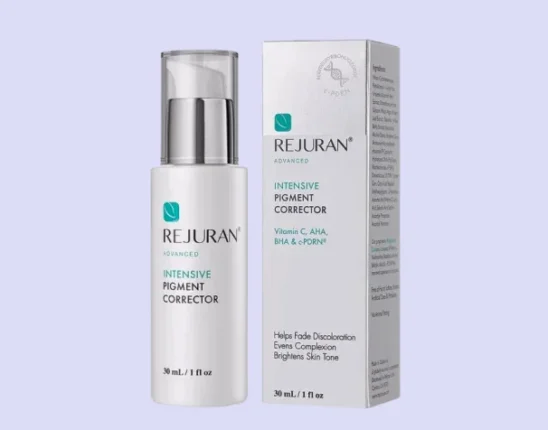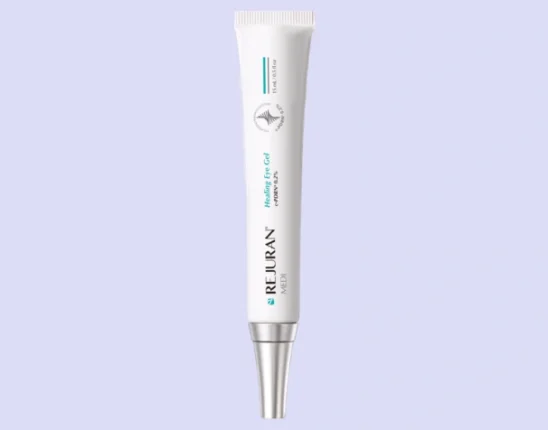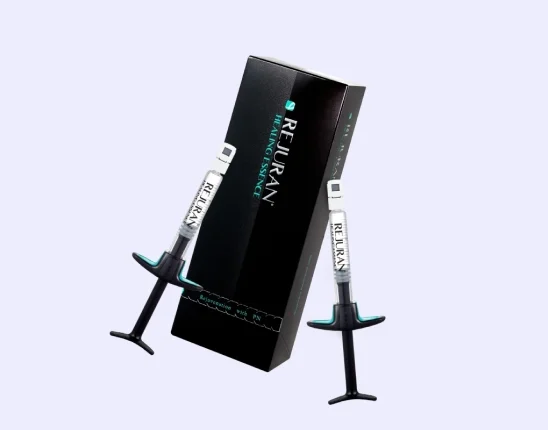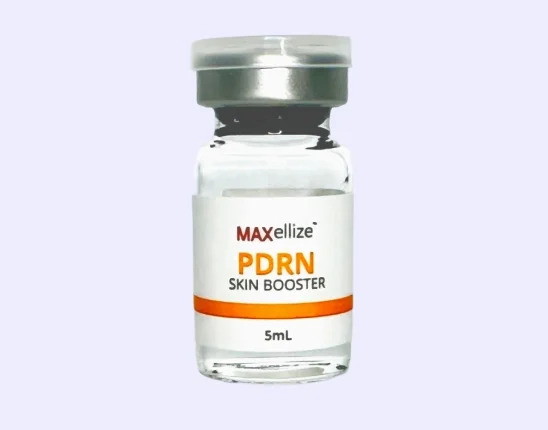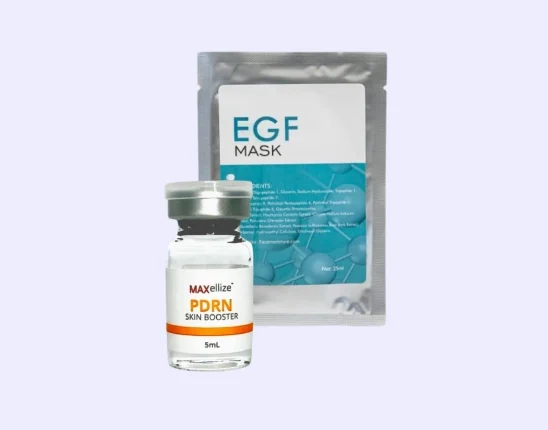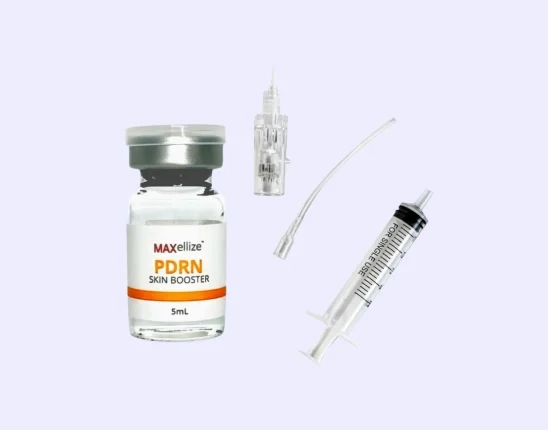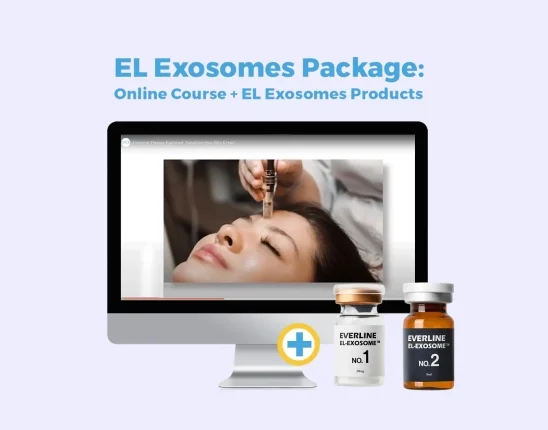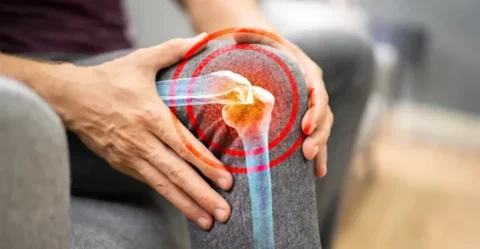PRP is a regenerative medical procedure developed in recent years as an experimental therapy for various aesthetic issues. Experts have recently revealed that our bodies have the ability to cure themselves. Doctors may now harness our body’s inherent ability to repair and spread the factors of natural growth our body needs in healing tissues using PRP or platelet-rich plasma therapy as regenerative medicine.
So does Medicare cover PRP injections? The simple answer would be no, but to understand the dynamics behind why that is the case could use a breakdown. After all, medical procedures aren’t cheap and health insurance companies often thoroughly verify the treatments that their clients decide on getting.
What is Platelet-Rich Plasma (PRP) Therapy?
PRP therapy is a procedure that involves injecting the patient with a concentrated solution of platelets that are obtained from the patient’s own blood (autologous) to accelerate the healing process of injured ligaments, joints, muscles, and tendons.
Blood is collected using PRP injections and then centrifuged to concentrate the platelets.
After the platelets have been activated, they’re delivered into injured or dead tissues. This will release growth factors, which will encourage and raise the number of reparative cells produced by the body.
Does Medicare Cover PRP Injections?
It’s unfortunate, but Medicare doesn’t cover PRP Injections in most cases. The reason for this is that platelet-rich plasma (PRP) injections are a relatively novel form of aesthetic therapy. While it can stimulate the regeneration of cells, there’s not enough evidence to prove it without any doubt. PRP is gaining popularity for its potential ability to treat conditions such as tendinitis, arthritis, and even hair loss in some cases.
Under standard conditions, Original Medicare which includes both Medicare Part A and Medicare Part B doesn’t mandate financial coverage for PRP injections. In such cases, patients will have to shell out the money out of their own pocket to pay for 100% of the cost of PRP injection procedure.
However, in certain specific cases, Original Medicare might provide coverage for PRP Injections. These cases are usually when the patient has a chronic, non-healing, non-regenerative, diabetic, pressure, or venous wound.
According to such cases, the patient must also satisfy the following conditions to be eligible to avail Medicare coverage for PRP injections:
- The Patient must be part of a clinical medical research study that seeks to address relevant questions using methods of evaluation that are verified, validated, and reliable.
- The Clinical Study that the patient is a part of and seeking coverage for must come under the National Coverage Determination (NCD) and must have been approved by August 2, 2014.
The Medicare Advantage plans (Medicare Part C) also have the possibility of providing coverage for PRP injections subject to satisfying the above criteria. The difference between Medicare Advantage plans and Original Medicare lies in the fact that it comes with certain additional perks and benefits.
Unproven Efficacy of PRP Injections
One of the biggest challenges for Medicare not covering PRP injections is the fact that there is a lack of sufficient scientific evidence to unequivocally prove the effectiveness and efficacy of PRP injections. PRP injections are a relatively modern treatment option for regenerative medicine and there’s still a lot of ground that’s yet to be covered in its research.
As such, the dearth of much-needed research funding for the study of PRP injections has caused it to be supported only by anecdotal evidence. Not to mention the lack of funding from major pharmaceutical companies to kickstart extensive clinical trials on PRP injections and its possible uses.
Some may ask why the efficacy of PRP injections hasn’t been proven yet despite endorsements from patients who have undergone the treatment. It’s quite hard to give definitive proof for a treatment that depends on autologous solutions, but there could be some clues to the answer.
Medicines and treatment solutions are made up of definitive compositions that have been tested in a lab and have concrete clinical trials to prove their efficacy. Every version of the medicine that has that composition will therefore show the desired results. However, in PRP Injections, the solution has a different platelet, RBC, and growth factor composition every time since it is prepared from the patient’s own blood.
This makes it significantly harder to establish its effectiveness as there are a lot of variables that need to be accounted for during clinical trials. Also, a lot of healthcare centers don’t recommend PRP injections as it’s not covered by Medicare.
GET MEDICAL-GRADE BLOOD COLLECTION NEEDLES AT 20% OFF WITH CODE “20OFF” ON YOUR FIRST ORDER.
Stock up on blood collection needles and other medical and aesthetic supplies with FACE Med Store. Checkout today and get 20% off your order.
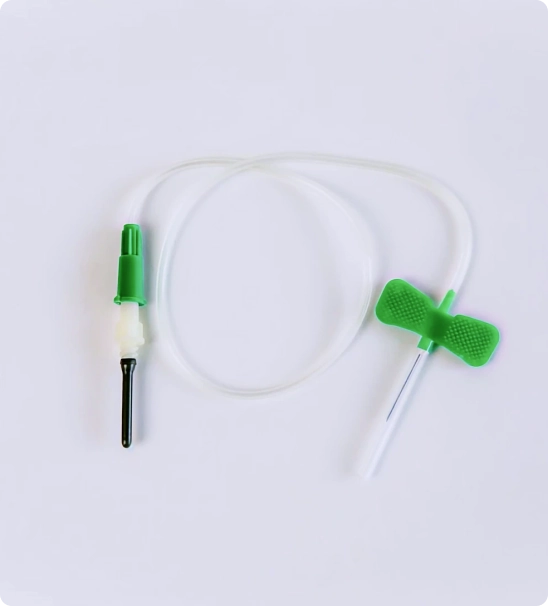
Only after the patient is fully aware of it not being covered and signs a document consenting to the procedure do they offer PRP injections as a solution. This limits the data available on hand which in turn limits the scope for conclusive research.
While the research is promising, Medicare believes that there’s now insufficient high-quality evidence to recommend the use of PRP outside of clinical studies. For the time being, this implies that PRP treatments aren’t covered by Medicare. The US Food and Drug Administration (FDA) has only approved these injections for use in bone graft treatments thus far.
Despite the lack of overarching FDA approval, many doctors use PRP Injections as an experimental treatment option for osteoarthritis, tendinopathy, lower back pain, carpal tunnel syndrome, plantar fasciitis, and tennis elbow among others..
It’s always best to get an expert opinion from your health care provider to know if you qualify to be covered by Medicare for PRP injections. Consulting with your doctor also helps ensure that you find the best treatment solution for your condition.
How Much Do PRP Injections Cost?
The average treatment cost for PRP Injections can vary anywhere from $500 to $2500. It’s important to note that this cost is for one treatment and patients will most likely require multiple injection treatments depending on their issue, which will increase the cost. These cost estimates are pretty rough due to the lack of more data, and in all likelihood will differ depending on the location, facility, and medical issue that requires the PRP Injection.
Evidence Required to Prove the Efficacy of PRP Injections
In the light of the challenges mentioned, some may think if it’s possible to prove that PRP injections are effective. Well, the answer is yes, as researchers will have to come up with a way to quantify the growth factors that enable the PRP Injections to be effective. They will then have to conduct an in-depth study that identifies these growth factors and estimates the minimum required percentage in the concentration for the PRP injection to be effective.
Once this has been accomplished, researchers will have to go even further to identify and study the effect of growth factors during each of the 3 known stages of wound healing. They will have to draft extensive reports on the effect of growth factors during inflammation, fibroplasia, and maturation separately. So far, it’s been observed that the amount of growth factors required to regulate regeneration in these phases is of the order of nanograms.
Lastly, they will have to devise a way to measure the minimum required quantities for each phase and ensure that every version of PRP has that required minimum amount in its composition.
Purchase Safe, Reliable, and Trusted Medical Tools and Supplies From FACE Med Store
While it’s true that Medicare doesn’t provide coverage for PRP Injections at present, PRP injections have been garnering an incredible amount of traction and popularity amongst patients who have tried the treatment solution. In fact, it has the potential for incredible healing rates for a variety of aesthetic purposes and injuries. It’s only a matter of time before it is clinically proven and gets the coverage it deserves.
FACE Med Store is a seasoned source of high-quality medical tools and supplies, as well as a dependable partner for cosmetic and medical offices wishing to keep their doors open while cutting costs. Our items are reasonably priced, ensuring that you don’t sacrifice quality and give you cost-effective products. Get in touch with us today to see our updated stock list.

